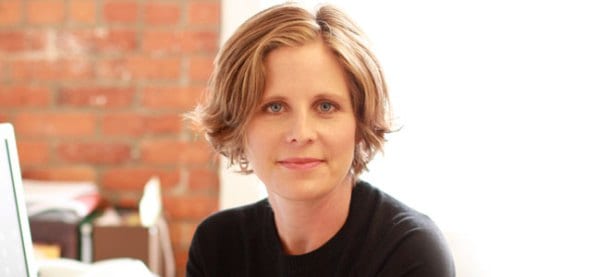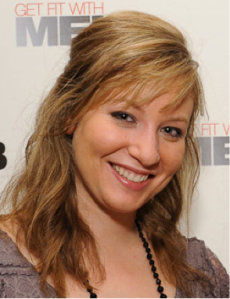Every term UO PRSSA plans a trip to a different city to visit public relations and communications agencies. Portland, Seattle, San Francisco, Eugene, and soon to be Santa Monica, are a few of the cities PRSSA has visited and will be visiting in the future. Attending an agency tour has numerous benefits, however, you may still be unsure about what those are. If so, here are five reasons why you should go on an agency tour.
- Grow your network.
Attending an agency tour allows you to make face-to-face connections with professionals in cities you may not have other opportunities to visit. By attending an agency tour, you are able to create connections with professionals that may lead to internships or jobs. By making these connections in person, your professional relationships become stronger and you’re likely to make a lasting impression.
- Polish your elevator pitch/informational interview skills.
Professional Q&A sessions take up a large quantity of time on agency tours. During these sessions, you are able to practice asking questions you may ask in an informational interview at an agency. You are also able to network with the professionals in the offices and are able to practice your elevator pitch. The agencies we visit want to get to know you and help hone your skills.
- Learn about different industries you may not know about.
We visit many different kinds of PR, communications and marketing agencies on our tours. The agencies we visit focus on industries ranging from tech, lifestyle, food & beverage, fashion, hospitality, consumer, business-to-business, and more. We also visit agencies that are small and boutique, or large and global sized. If you are unsure about what areas of PR you might be interested in, this is a great way to explore and learn more.
- Make friends with other PRSSA members you may not know.
Attending an agency tour also means you get to know fellow PRSSA members. It is always great to make new friends (especially those who share your major) and attending an agency tour is a perfect way to bond!
- See what life is like in other cities.
Visiting a new city with PRSSA will open your eyes to new places. Going on an agency tour provides you with the opportunity to enjoy an awesome city for a few days. By the end of the tour you may even find your new home post graduation. Either way, you are guaranteed to have amazing new experiences and connections after attending a PRSSA agency tour.
Tatiana Skomski is a junior studying public relations. She is originally from San Diego, California, and loves spending time with her dog. After she graduates, she hopes to relocate to Souther California and begin her career working at an agency. Tatiana specifically wants to work in lifestyle and consumer branding public relations.











